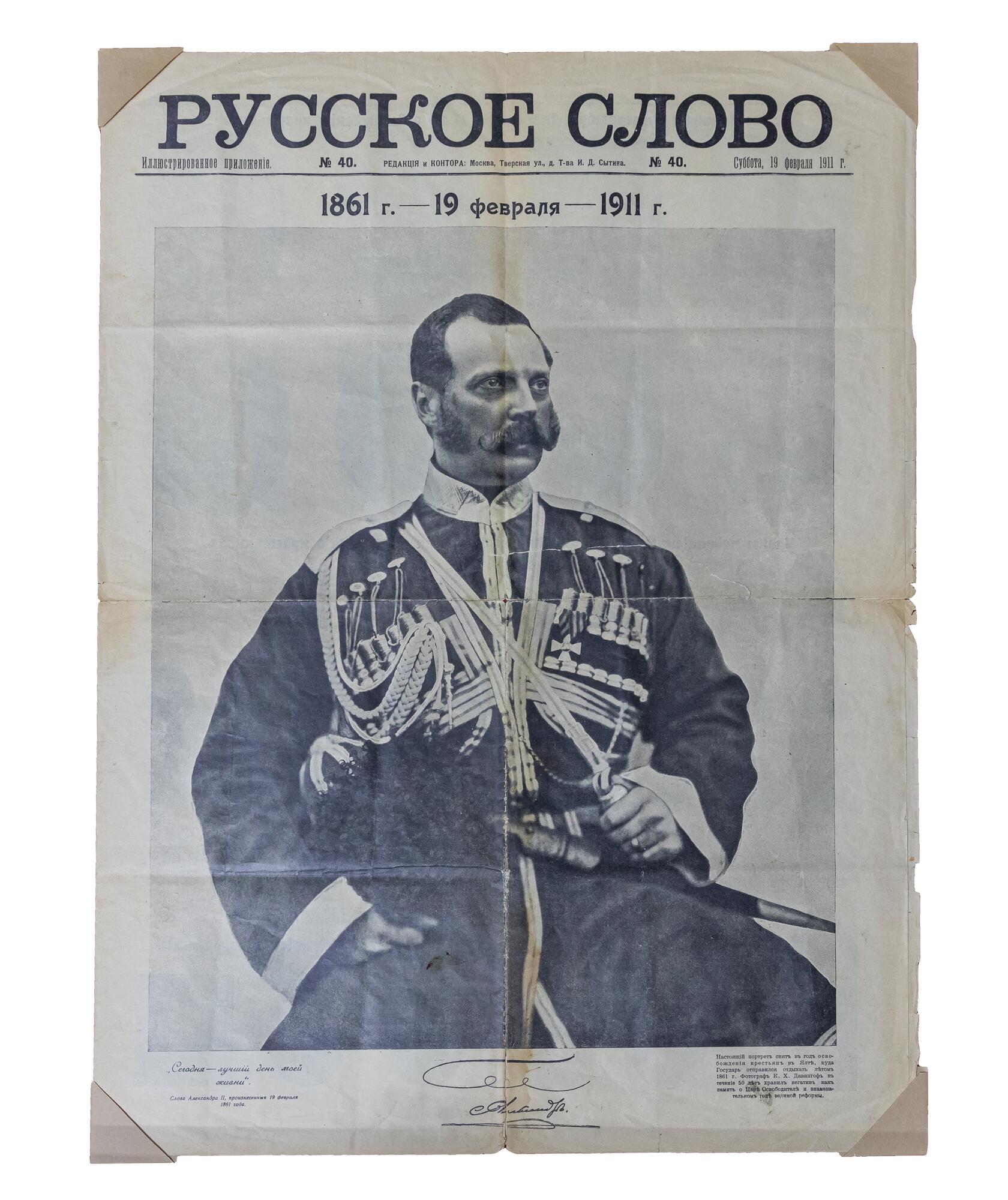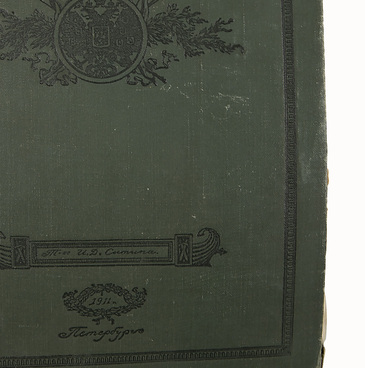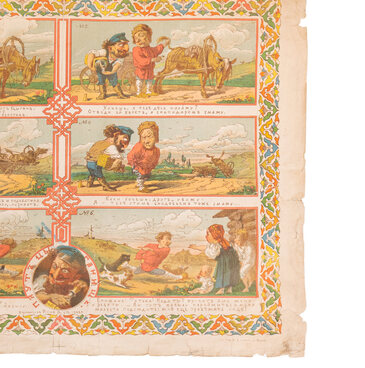In its first year, the newspaper “The Russian Word” (Russkoye Slovo) had only about 5,000 subscribers, but in a short time it turned into a large enterprise. In 1902, Ivan Sytin, who sought to create a “people’s newspaper” for “any reader”, invited Vlas Doroshevich to be the editor of the “king of the Russian feuilleton”. A contract was signed under which Sytin did not interfere in editorial affairs, and Doroshevich was to supply 52 feuilletons and the same number of event reviews per year.
Vlas Mikhailovich Doroshevich created almost the first European-type information newspaper in the country. The newspaper had an editorial office, an office that was in charge of the financial and managerial affairs, a printing house intended solely for printing “The Russian Word”, and an expedition (a committee) engaged exclusively in the distribution of the newspaper. The editorial office was divided into two branches: the Moscow and St. Petersburg offices. The Moscow branch included five main permanent departments: articles and feuilletons, Moscow, St. Petersburg, provincial and foreign. The “articles and feuilletons” department was the most important and had most responsibilities, as it expressed the political opinion of the newspaper. The Moscow department chronicled the city’s life, and the St. Petersburg department reflected the culture of the capital. The number of employees was enormous. Doroshevich increased his correspondent network in Russia and abroad. The main attention was paid to provincial life. The newspaper had correspondents in many parts of Russia, promptly printed domestic Russian material, as the success of periodicals was largely determined by the provincial audience. The foreign department was also impressive: in some countries, in addition to correspondents, it also had editorial representatives. An information exchange agreement was concluded with European political newspapers, so the newspaper did not rely only on its own correspondents when reporting about foreign events.
For faster dissemination of
information, “The Russian Word” was one of the first in Russia to replace
postal communication by using the telegraph and telephone: short messages
received by telephone were published with a separate heading. Doroshevich demanded round-the-clock
access to telephone lines of the Moscow Telegraph Agency. The newspaper was a
huge success. It reported all the latest and most reliable information.


